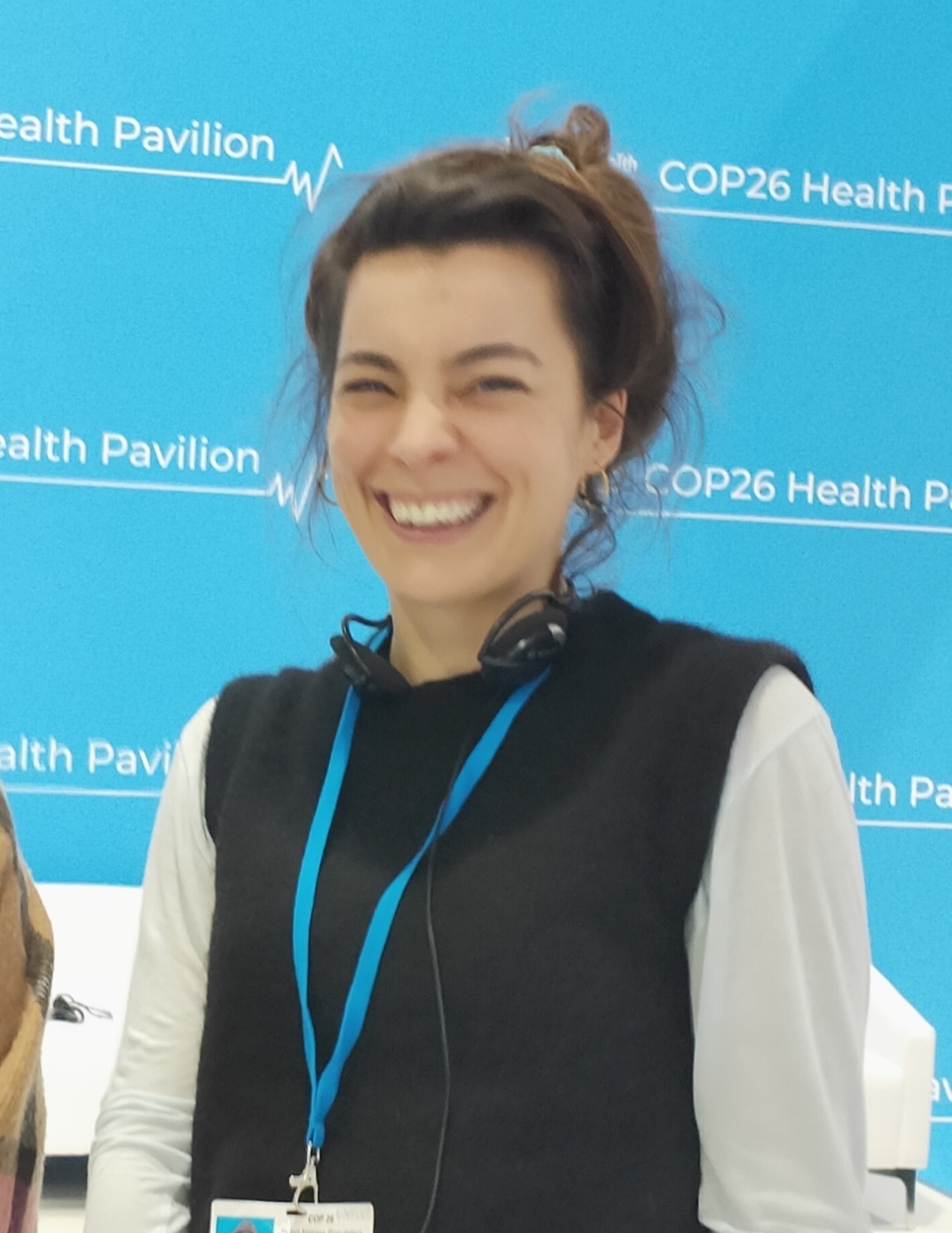Dr Heather McMullen

Senior Lecturer
Centre: Centre for Public Health & Policy
Email: h.mcmullen@qmul.ac.uk
Profile
I am a social scientist in the Global Public Health Unit in the Centre for Public Health and Policy, Wolfson Institute of Population Health. I am the course lead for Gender, Sexuality and Health on the MSc in Global Public Health.
My academic work tends to engage themes of bodily autonomy, stigma and complexity and aims to make a contribution to creating greater visibility, social justice and engagement with complex topics.
Much of my work to date has related to sexual and reproductive rights and health (SRHR) and reproductive justice. I have also held roles in this field outside of academia including with the International Planned Parenthood Federation, the World Health Organisation and others. I have undertaken research and community projects on HIV testing, young parenthood, access to contraception, youth sexual health and the intersection between climate change and SRHR.
I currently lead on a partnership with the United Nations Population Fund (UNFPA) on climate and SRHR. I also collaborate on work from an anthropological perspective on reproduction and the environment. I am a visiting scholar at Cambridge University in the Reproductive Sociology group during 2022.
I have previous experience in youth work and also collaborate on research related to youth violence in East London with an interdisciplinary team. Our current project aims to better understand the public health response to serious youth violence through a range of methods and perspectives.
I held a Doctoral Fellowship from the National Institute of Health Research between 2013 and 2016 (supervisors: Professors Trisha Greenhalgh and Chris Griffiths). I find research methods, the production of evidence and different ways of knowing and accounting for phenomena very interesting. My work explored the experience of a randomised controlled trial on HIV testing using a range of methods including autoethnography and process evaluation and produced an account of the trial that reflected on complexity, pragmatism and situated ways of accounting for evidence in public health.